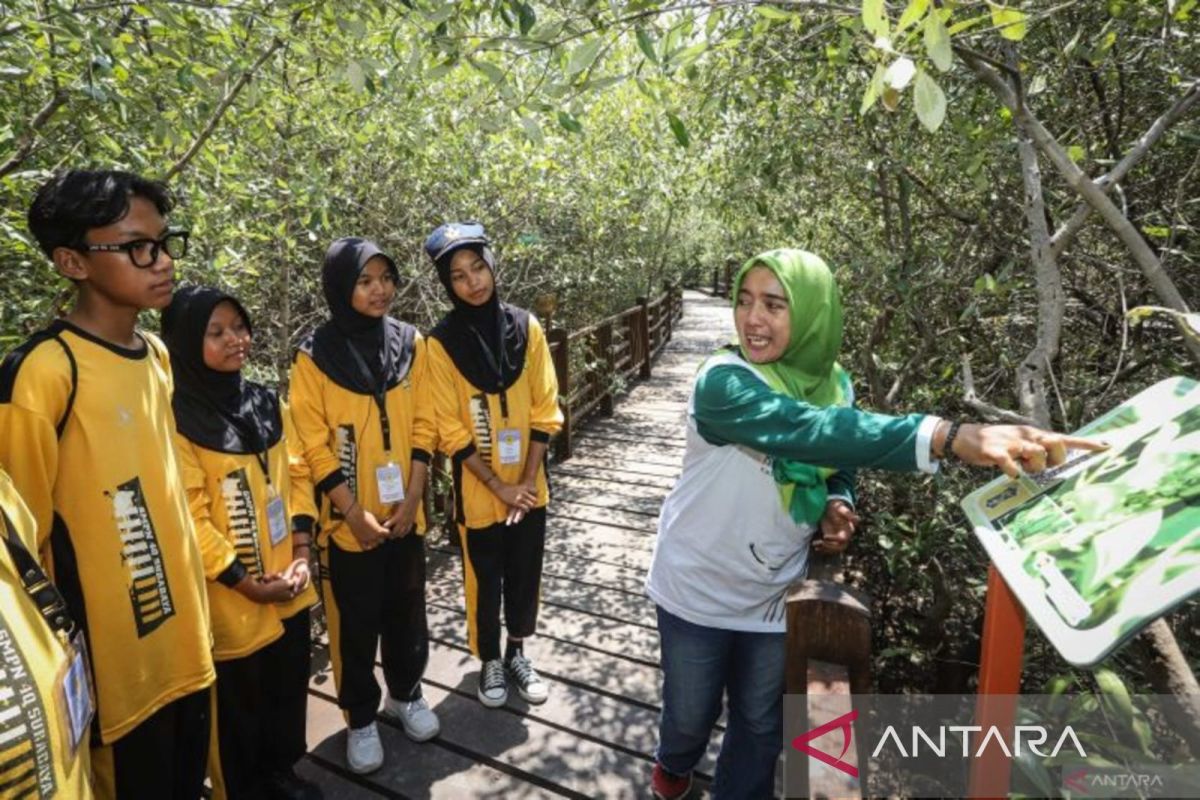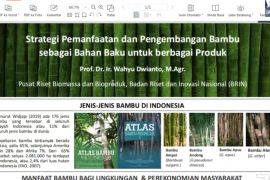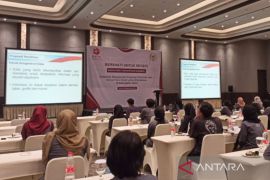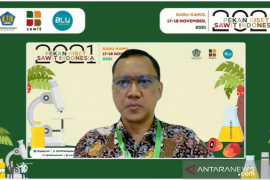Deputy for research and innovation utilization at BRIN, R. Hendrian, said that the Global Strategy for Plant Conservation (GSPC) targeted a conservation achievement of 75 percent by 2020, but currently, the figure is only around 15–20 percent.
"Species conservation still requires very hard efforts," he added at the signing of a research collaboration between BRIN and the Indonesian Cakrawala Conservation Foundation (YKCI) at the BJ Habibie Building, Jakarta, on Monday.
Hendrian informed that his party is currently assisting 48 regional botanical gardens as part of efforts to ensure that their management runs well.
According to him, in many cases, the launch of botanical gardens has become a cursory exercise that serves to add to the achievements of regional heads, with no more news of the gardens from the second or the third year onwards.
BRIN is helping the 48 botanical gardens ensure that plant conservation activities take place in a sustainable manner.
"We hope this will really be an initiative to encourage conservation, in this case, plant diversity," Hendrian said.
"BRIN cannot do this alone. I think we have to work together to make the use of biological resources to become and to realize it as one of the pillars of national development," he added.
Based on Government Regulation Number 93 of 2011, ex-site plant conservation areas can document plant collections and organize them based on taxonomic, bioregional, and thematic classification patterns, or a combination of these patterns, for the purposes of conservation, research, education, tourism, and environmental services activities.
BRIN is focusing on making botanical gardens sites for conserving species on the Red List of the International Union for Conservation of Nature (IUCN).
Senior ocean program lead at the Indonesian Cakrawala Conservation Foundation (YKCI), Victor Nikijuluw, said that the main challenge for Indonesia in carrying out conservation is the lack of a strong enough research network.
YKCI pursues citizen science projects and builds community involvement for collecting data on species. The methodology of the YKCI is then developed by the community to support conservation activities.
"So, there are many approaches that we can take later to support the government, especially BRIN, so that species conservation gets better," Nikijuluw added.
Related news: Sacred forests positively impact conservation efforts: BRIN
Related news: BRIN identifies seven new plant species by 2021-end
Related news: Ministry underscores importance of nature conservation at HCPSN 2021
Translator: Sugiharto Purnama, Cindy Frishanti Octavia
Editor: Azis Kurmala
Copyright © ANTARA 2024












